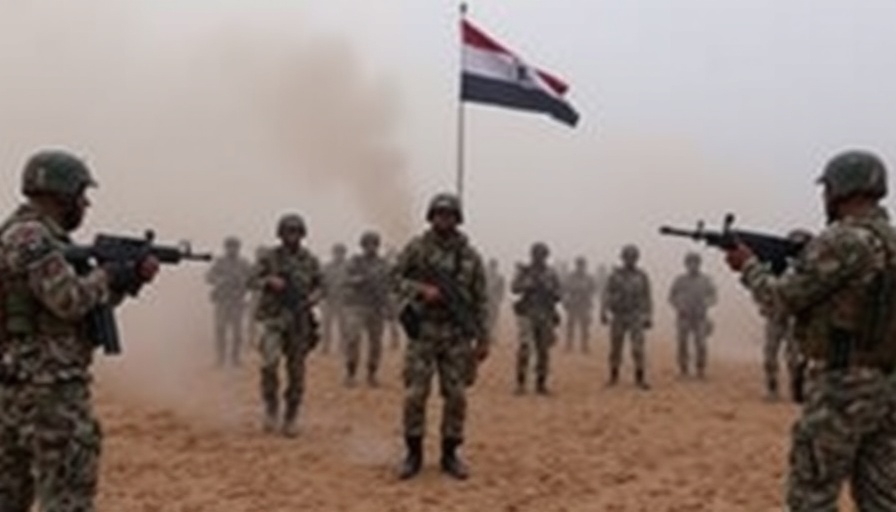
Historical Dynamics Fueling Current Tensions
The ongoing tensions between Ethiopia and Eritrea are rooted in a tumultuous history marked by wars and fragile truces. Since their 1998-2000 border conflict, the two East African nations have oscillated between hostility and peace. Despite a brief thaw in relations catalyzed by Prime Minister Abiy Ahmed's visit to Asmara in 2018, the underlying animosity remains potent. The 2022 peace agreement in Pretoria, notably excluding Eritrea, has resurrected dormant grievances, heightening military postures along their shared border.
A Regional Crisis with Global Implications
The Horn of Africa does not exist in a vacuum. Any resurgence of conflict between Ethiopia and Eritrea could destabilize the entire regional landscape. Neighboring countries and global powers, such as Egypt and Gulf States, have vested interests in the Red Sea, making it a potential flashpoint for broader geopolitical struggles. The intertwining of military and economic interests in the region means a localized conflict could swiftly escalate to involve external actors, complicating an already volatile situation.
Actions Underpinned by Economic Interests
Trade and security dynamics are intrinsically linked in the Horn of Africa. Ethiopia’s aspirations to access the Red Sea have always been met with apprehension from Eritrea, as it views any strengthening of Ethiopia’s maritime capabilities as a direct threat. This relationship is emblematic of larger trends affecting the African economy and governance — a delicate interplay where military actions are often informed by economic stakes, as nations vie for influence and resources.
The Role of External Powers
Given the strategic location of Ethiopia and Eritrea, external powers will likely play a critical role as tensions continue to simmer. Investments and aid from nations such as China and the EU can serve dual purposes: they may stabilize local economies while also granting external actors leverage in regional politics. Hence, understanding these dynamics becomes essential for stakeholders interested in African economics and governance.
Call to Action: Staying Informed is Crucial
As a business leader or policymaker invested in Africa's stability, it is imperative to stay abreast of developments in Ethiopia and Eritrea. Engaging with think tanks and following reputable sources will equip you with insights critical for informed decision-making in trade and investment. Understanding the nuances of African geopolitics not only assists in strategic planning but can also help preemptively address potential risks that may arise from these tensions.
 Add Row
Add Row  Add
Add 


 Add Row
Add Row  Add
Add 

Write A Comment